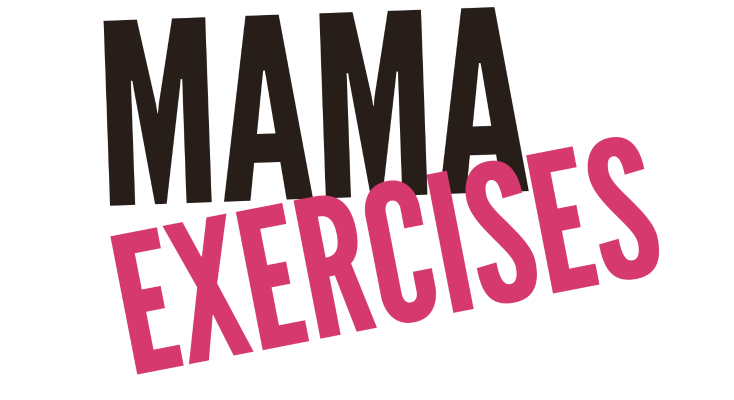Does muscle weigh more than fat? Nope! Here’s why.

Have you ever said or heard, “I don’t like doing resistance training with weights, because muscle weighs more than fat and I’m trying to lose weight”? It’s a common statement that people make when they sit down with a personal trainer for the first time.
I get it! The idea of gaining weight when you’re actually trying to lose it can be terrifying. But don’t worry, because it’s not true.
A pound of muscle doesn’t weigh more than a pound of fat.
Let’s break it down.
A pound of anything weighs 16 ounces. Whether it’s a pound of muscle, a pound of fat, a pound of carrots, a pound of gummy bears, or a pound of feathers…a pound weighs a pound.
That’s right, a pound of fat weighs the same as a pound of muscle.
Now, if you’re thinking about it in terms of volume, say filling an imaginary box with fat and another with muscle for example, the box with the muscle will weigh more, because you can pack more muscle into the box than you can fat.
Muscle takes up less space, so you can squeeze more in there.
So, what’s the difference between fat and muscle?
Ah, here’s the key part. A pound of muscle is leaner and more dense than a pound of fat.
That means that if you have to choose between having a pound of fat or having a pound of muscle, the muscle is going to give you a leaner, more toned appearance.
The scale may stay the same (hence the slower weight loss), but building muscle helps your body burn more calories throughout the day.
How is that possible?
The more muscle you have the higher your resting metabolic rate. Your metabolic rate is how many calories you need just to do daily functions like breathing. So, someone with a lot of muscle is going to need more calories than someone with a lot of fat.
There have been a lot of studies that debate how much more muscle burns compared to fat, but the general consensus is that muscle burns three times as many calories as fat does, or about 6 calories per pound vs. 2 calories per pound.
Does that mean I won’t lose weight unless I lift heavy?
Nope, not at all. All that it means is that you shouldn’t shy away from weights.
Embrace resistance training – whether it’s using your own body weight or using external weights. Incorporate push-ups, planks, squats, and lunges into your workouts. Build those lower body muscles. Strengthen that core. Flex those biceps. Every ounce of fat you lose to a muscle gain is going to help you get stronger and leaner.
So, the next time someone tells you that a pound of muscle weighs more than a pound of fat, gently remind them that a pound is a pound is a pound is a pound. And that for true weight loss and body shaping to happen, building muscle is going to be key.
Remember, always consult your physician before beginning any exercise program or routine.
Disclaimer: Information found on this site is meant for educational and informational purposes only, and to motivate you to make your own health care and dietary decisions based upon your own research and in partnership with your health care provider. It should not be relied upon to determine dietary changes, a medical diagnosis or courses of treatment. Individual articles and information on other websites are based upon the opinions of the respective authors, who retain copyright as marked. Statements on this website have not been evaluated by the Food and Drug Administration. Products on this site are not intended to diagnose, treat, cure or prevent any disease. If you are pregnant, nursing, taking medication, or have a medical condition, consult your physician before using these products.
